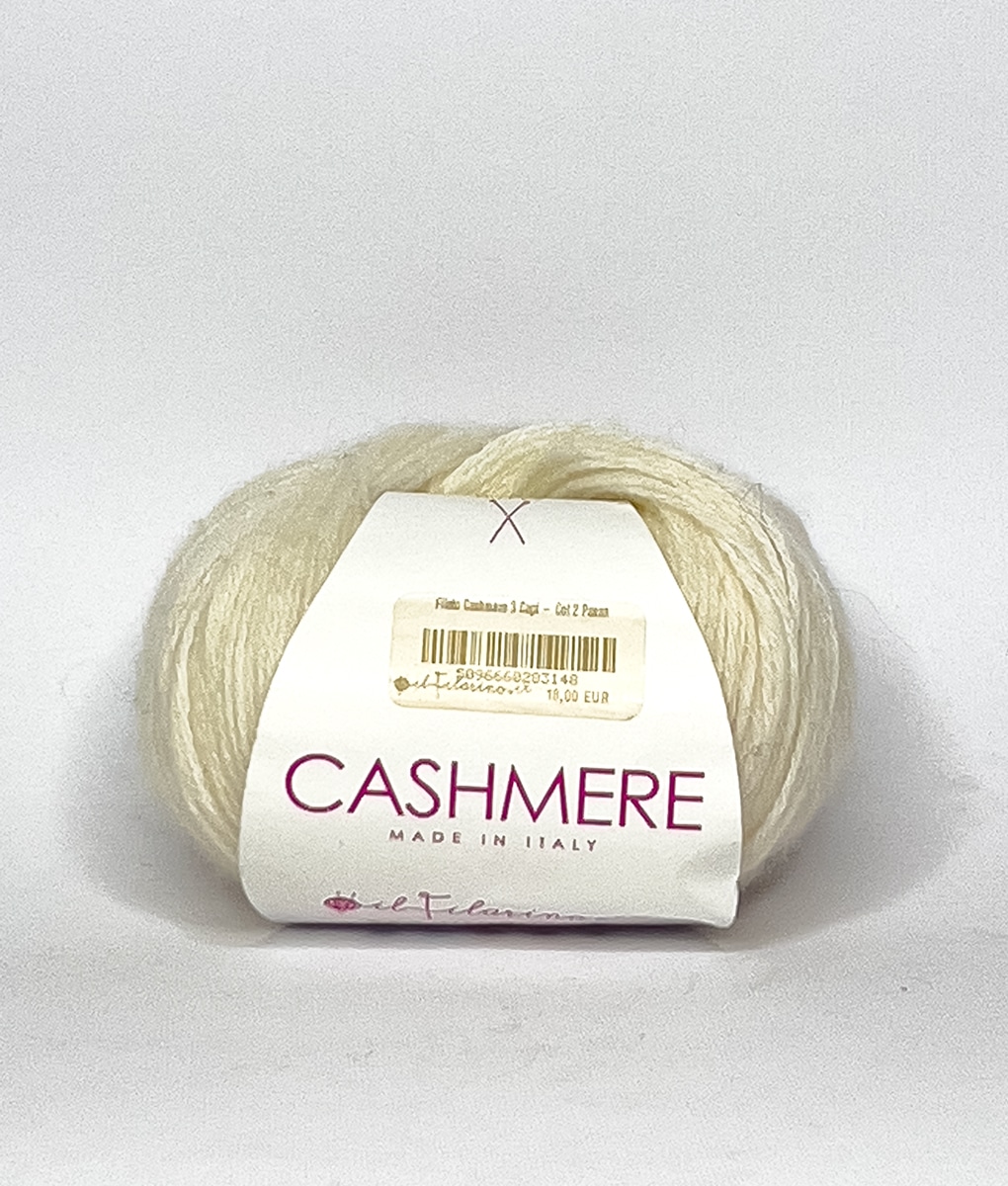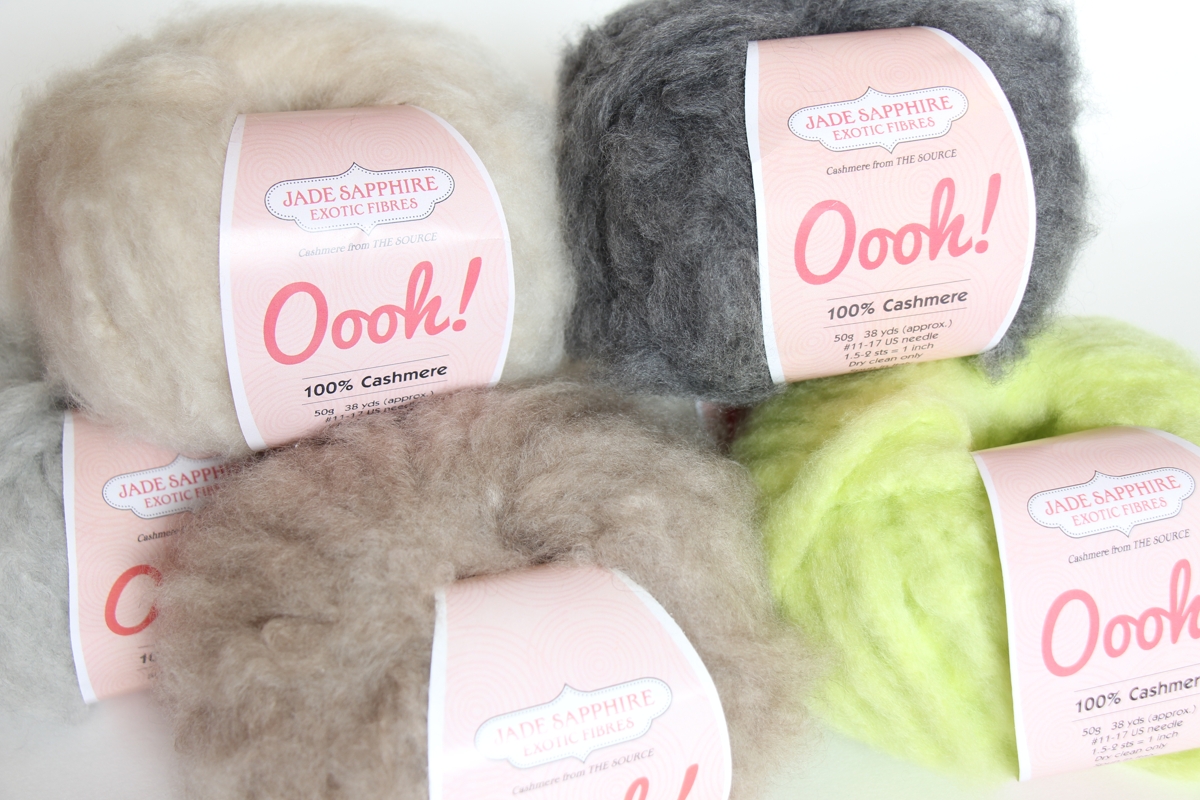Discover the Opulence and Softness of what is cashmere and Why It’s So In Demand
Discover the Opulence and Softness of what is cashmere and Why It’s So In Demand
Blog Article
Understanding the Different Kinds of Cashmere a Natural Fiber and Their One-of-a-kind Benefits

The Beginnings of Cashmere: A Historical Introduction
While the luxurious touch of cashmere continues to beauty modern consumers, its beginnings map back to the severe, cool climates of Mongolia and the Himalayas. For centuries, the native individuals of these regions have been elevating Capra Hircus goats, the prime source of cashmere wool. These goats, durable versus the extreme winters, grew a great undercoat to endure, which later on came to be referred to as cashmere. The name itself admires Kashmir, an area in India where the wool was initially processed. Much of the very early cashmere profession course was helped with by the Silk Roadway, attaching Asia with the Center East and Europe. Regardless of its worldwide spread, the finest cashmere is still thought to stem from the initial regions of Mongolia and the Himalayas.

The Production Refine: From Goat to Garment
Shearing a Capra Hircus goat marks the creation of the intricate cashmere production process. This delicate procedure generally happens yearly during spring. The penalty, soft undercoat is then divided from the coarser external hair, a procedure known as dehairing. The resultant raw cashmere is after that washed to remove pollutants such as dirt, veggie, and oil matter.
The clean fiber undergoes coloring, rotating, and weaving, or knitting, to transform it right into a fabric. Complex procedures like quality control checks and ending up processes follow, guaranteeing the end product keeps the luxurious requirement expected of cashmere. This painstaking procedure, from goat to garment, justifies the high cost affixed to cashmere items, making them a sign of deluxe and refinement.
The Various Types of Cashmere: An Extensive Evaluation

The Distinct Benefits of Cashmere: Comfort and Sustainability
Moving from the range of cashmere types to the benefits they use, comfort and sustainability stand out prominently. Cashmere, a natural fiber, is renowned for its unmatched gentleness, giving a level of comfort that synthetic fibers can't match. The product's agility, yet impressive warmth retention, makes it optimal for all seasons. Moreover, cashmere's all-natural flexibility enables it to return to its original shape, making it resistant to stretching or shrinking.
When it comes to sustainability, cashmere is biodegradable and eco-friendly, as it's gathered from cashmere goats who regrow their layers each year. what is cashmere. Unlike artificial fibers which can take centuries to decay, cashmere's influence on the environment is marginal. This mix visit this page of comfort and sustainability makes cashmere a helpful option for conscious customers

Taking Care Of Your Cashmere: Maintenance and Preservation Tips
While cashmere is most certainly a sustainable and extravagant selection, it calls for details treatment to keep its high quality and extend its life expectancy. To start, cashmere must be hand cleaned utilizing chilly water and a moderate cleaning agent. Cashmere products must be kept in a trendy and completely dry place, away from straight sunshine and wetness.
Spending in Cashmere: Understanding Its Worth and Well Worth
Although cashmere might at first appear like a costly financial investment, its long-lasting worth and worth become noticeable when you consider its exceptional qualities. Understood for its exceptional soft qualities and warmth, cashmere is a premium all-natural fiber that surpasses various other materials. Investing in cashmere, consequently, is not just regarding existing style trends, however concerning embracing a sustainable, durable, and elegant way of life.
Verdict
In summary, the type of cashmere one selects, be it Mongolian, Chinese, or Italian, is determined by specific preferences for warmth, spending plan, sustainability, and deluxe. The value of cashmere prolongs past its cost, with convenience and longevity including in its worth. Proper care and maintenance can ensure its preservation. As a result, recognizing the beginnings, manufacturing procedure, and unique benefits of different kinds of cashmere can guide customers in their financial investment in this elegant natural fiber.
Whether it's the outstanding heat of Mongolian cashmere, the cost of Chinese cashmere, or the eco-conscious production of Italian cashmere, there's a tale to be found behind each fiber type. Cashmere, an all-natural fiber, is renowned for its get redirected here unequaled softness, providing a degree of comfort that artificial fibers can't match.When it comes to sustainability, cashmere is biodegradable Resources and eco-friendly, as it's gathered from cashmere goats who regrow their coats each year. Understood for its unparalleled gentleness and warmth, cashmere is a premium all-natural fiber that outshines other products. Understanding the origins, manufacturing process, and one-of-a-kind benefits of different kinds of cashmere can direct customers in their investment in this extravagant natural fiber.
Report this page